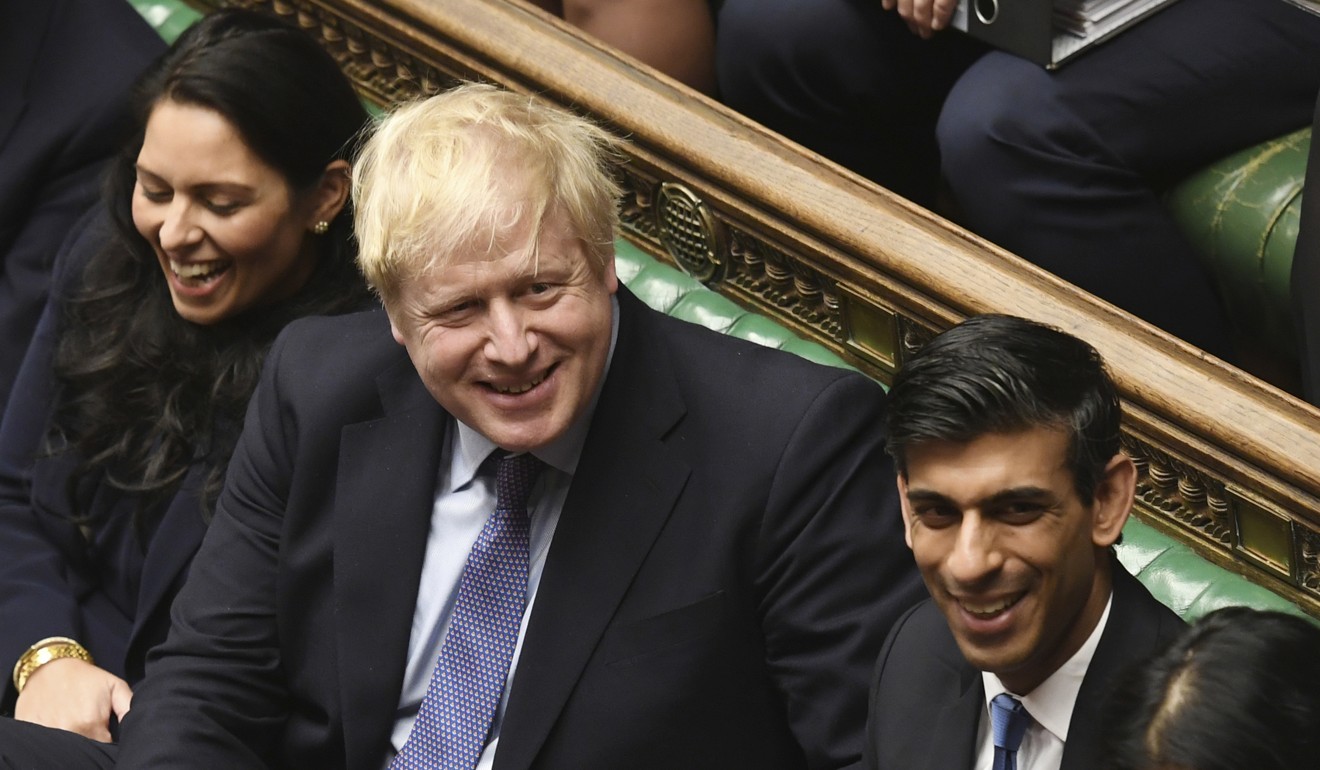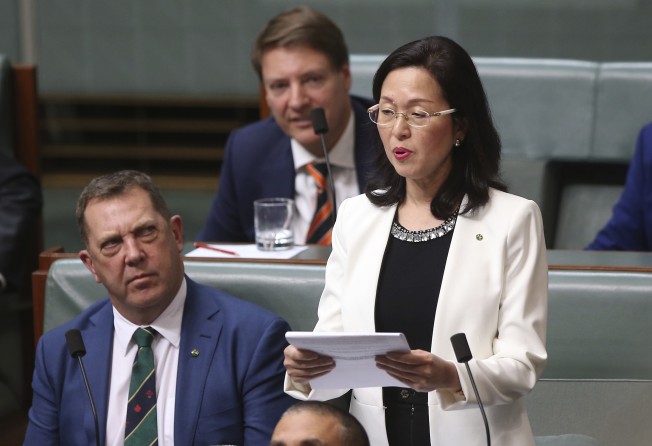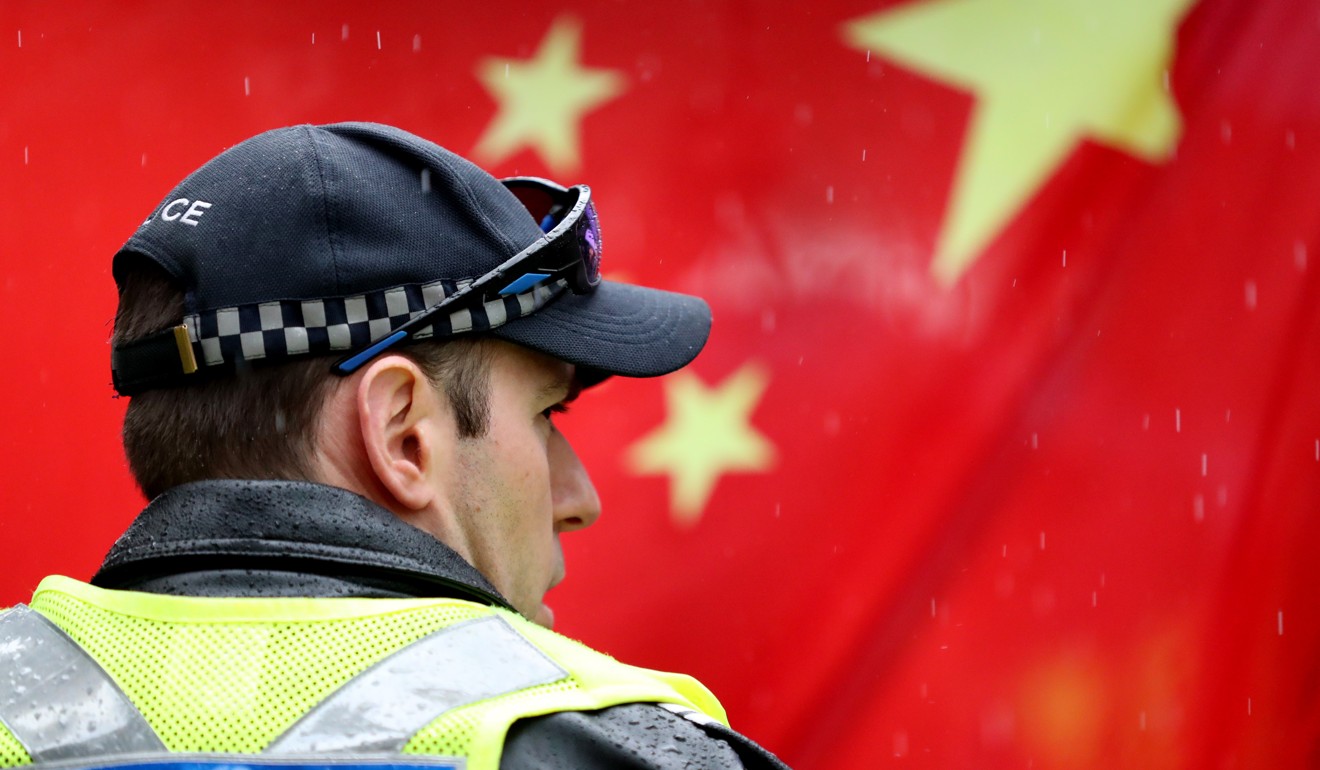
Australia’s watershed political moment: welcoming Asian-Australians to the table
- With stark underrepresentation of Asian-Australians in politics, the country is increasingly beset by myopic and polarised debates about race
- Chinese-Australians face especially difficult hurdles in entering the political arena due to the ongoing debate about foreign interference in politics

Australia is a multicultural society with monocultural institutions.
Asian-Australians comprise 14.7 per cent of the population and growing, yet are significantly under-represented in our federal parliament. This has resulted in a parliament that is increasingly disconnected from the lived experience of a sizeable segment of the electorate, leading to more myopic and polarised debates about race and national identity, and slow responses to issues like foreign interference.
Australia’s federal parliament is less representative and whiter than other comparable English-speaking parliamentary democracies. One in 10 MPs elected in the recent British election are from black and minority ethnic backgrounds. At the 2019 Canadian federal election, 15.1 per cent of MPs elected were visible minorities. In New Zealand, 6.7 per cent of MPs have Pacific Islander heritage and 6 per cent are Asian. In contrast, only nine – or 4 per cent – of Australian 227 federal MPs have non-European heritage. This is a national embarrassment.
The underrepresentation extends to senior levels of leadership. Not a single federal minister in Australia has non-European heritage. In stark contrast, upon becoming prime minister of the United Kingdom, Conservative Party leader Boris Johnson said he would form a “cabinet for modern Britain”. His cabinet currently includes three British Asians – Priti Patel, the home minister, Rishi Sunak, the chancellor of the exchequer, and Alok Sharma, the business secretary.

In Canada, six of the 37 members of the cabinet are Canadians of Asian heritage.
In Australia, there are two main barriers to more culturally diverse representation. Political parties have a small pool of candidates because they are not attracting and promoting culturally diverse members as candidates, and parties do not see preselecting Asian-Australians as electorally advantageous.
Engagement by political parties is often transactional and focuses on fundraising, or numbers for support in preselections rather than on improving diverse representation.
Major Australian parties have established associated groups – for example, the Liberal Party Chinese Council and Chinese Friends of Labor – but these have primarily been vehicles for fundraising with no role in party decision-making. Chinese-Australian members of political parties have criticised this transactional culture, saying it undermines public trust in democratic processes.
This is compounded by the professionalisation of politics that benefits candidates with existing networks within parties. Candidates tend to be insiders with existing party networks. Almost 40 per cent of federal MPs in 2018 worked as advisers in state or federal government before running for office, up from less than 4 per cent in 1988. Moreover, culturally diverse candidates who do get preselected tend to be chosen for unwinnable seats.
Chinese-Australians have been the main focus of discussions about Asian-Australian representation in politics since they form the largest subgroup of Asian-Australians. But Chinese-Australians face added hurdles because of the ongoing debate in Australia about foreign interference in politics.
In fact, it is more difficult now to be a Chinese-Australian involved in politics than it was three years ago because of a growing perception that candidates with strong Chinese community connections could have links with individuals and organisations associated with the Communist Party of China.
Public concerns about undue influence in politics have become associated with Chinese-Australians. There is a need to address this distrust in government because it will help counter the belief that political decisions are influenced by money. It would also affect the underrepresentation of Chinese-Australians in politics by addressing public fears about undue influence in politics, which are tied to concerns about donors with alleged links to the Communist Party.

As I wrote in my China Matters policy brief, Australia needs to act now before the current political climate gets even worse. At a time when trust in politics is at an all-time low, Australia needs to address this underrepresentation as demographic trends may mean future parliaments that are even less representative and more disconnected.
To create a more representative parliament, Australia needs to do three things:
First, political parties should measure and publicly report on their own cultural diversity and adopt targets for winnable seats, freezing preselections if there is no genuine attempt to find diverse candidates.
Second, political parties and Chinese-Australian communities must create a pipeline of skilled and experienced culturally diverse candidates. This requires investing in the next generation by providing political opportunities, training and mentoring to maximise their chances of getting elected.
Finally, Australia must rebuild trust in the democratic process and address public concerns about undue influence by establishing a national integrity commission focused on anti-corruption and capping political donations.
These actions will enable goals for improving diverse representation to be set, maximise chances for culturally diverse candidates to be elected and help address concerns about undue influence in politics that have created a negative perception of Chinese-Australians in politics.
A visibly more diverse parliament would encourage greater engagement with the political process and allow different perspectives to be heard, enabling Australia to better and more creatively navigate the foreign and domestic policy challenges the country faces.
Osmond Chiu is a Research Fellow at the Per Capita think tank. He is the author of the China Matters policy brief “What should Australia do about its politics being too white?”